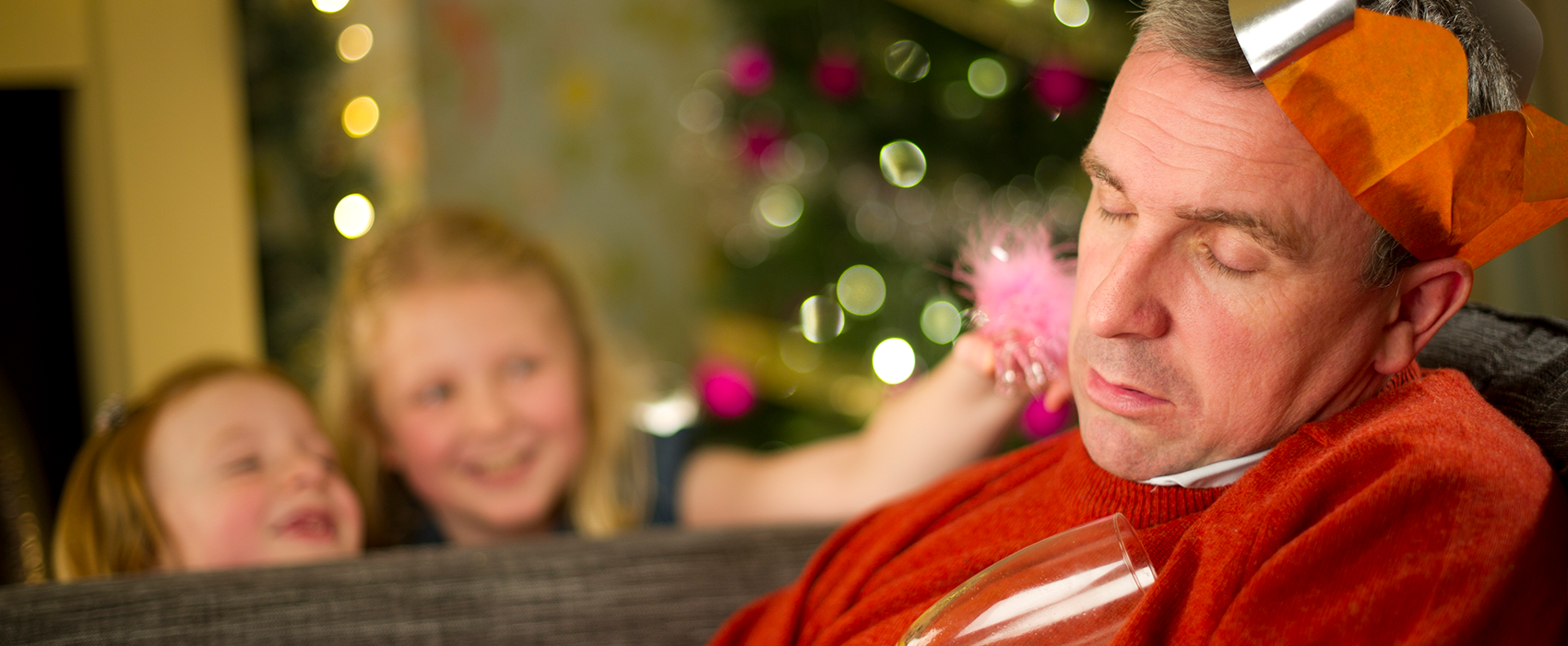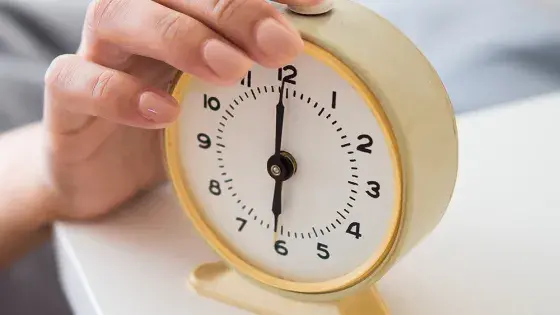During the festive period, many of us will be looking forward to spending time with our family and friends, enjoying seasonal food and drink, and having some time to de-stress and relax.
Whilst, of course, we can (and should) enjoy ourselves, we should be mindful that our actions directly impact our health and wellbeing.
When taking a break over the festive period, it's common to drop our routines - staying up later than usual or having a few days off from exercising. But, even for the most disciplined of us, these small deviations can make it hard to get back into our ‘normal’ routines when we go back to normality.
To reduce the effects on our health and wellbeing, we should aim to stay in our normal routines as much as possible. Read on to find out why this is important and get some top tips stay on track:
- Keep to your normal sleep schedule
A routine is critical for good sleep, which is crucial for health. We are creatures of habit and by conducting the same behaviours at the same time each night, helps our brain recognise when it is time to begin the switch-off process. A consistent sleep routine can also help us calm down, reducing feelings of stress and anxiety.
By focusing on our wind-down routine in the evenings, be it a warm bath, reading, or meditating, we move our thoughts away from the worries that stimulate our minds, allowing us to relax.
- Don’t drink to excess, particularly before bed
Having a drink or two over Christmas is no bad thing, but heavy drinking can have significant impacts on the body. When we're trying to stay in a routine, a night-time tipple is one of the worst decisions we can make.
Although it may seem that we drift off to sleep quicker after a few drinks, alcohol is a central nervous system depressant, which reduces overall sleep quality by supressing rapid eye movement (REM) sleep in the initial sleep stages, essentially forcing us into a deep sleep earlier.
The problem with this is, as we progress through our sleep cycles, it creates an imbalance between the amount of REM and non-REM sleep, which can lead to more sleep disruption and shorter overall sleep duration.
- Consider what and when you eat
Our meal choices can have a profound effect on our sleep. For example, research has suggested that high carbohydrate consumption can improve both sleep quality and duration (good news for the roast potato lovers!).
However, when we eat outside of our normal routine, it can negatively impact sleep. Eating at a time that contradicts our circadian rhythm, like late-night snacking, can disrupt sleep by causing a misalignment between metabolic or digestive processes and our internal body clocks.
Therefore, we should try to eat a normal amount, at a normal time to prevent any confusion within our bodies.
- Keep exercising
The benefits of physical activity are well known - exercise helps us sleep better, moderates the risk of developing numerous health conditions and improves our mental health by boosting our mood and self-esteem. These factors alone are hopefully enough to motivate us to keep exercising over Christmas!
From a more short-term perspective, many of us are likely to increase our overall food consumption over Christmas, so by continuing to exercise we can help prevent unnecessary weight gain due to an increased caloric consumption.
Finally, as with sleep, continuing our exercise regimes will keep our bodies familiar with our routines, making it easier to pick them back up again after the holidays.
References:

